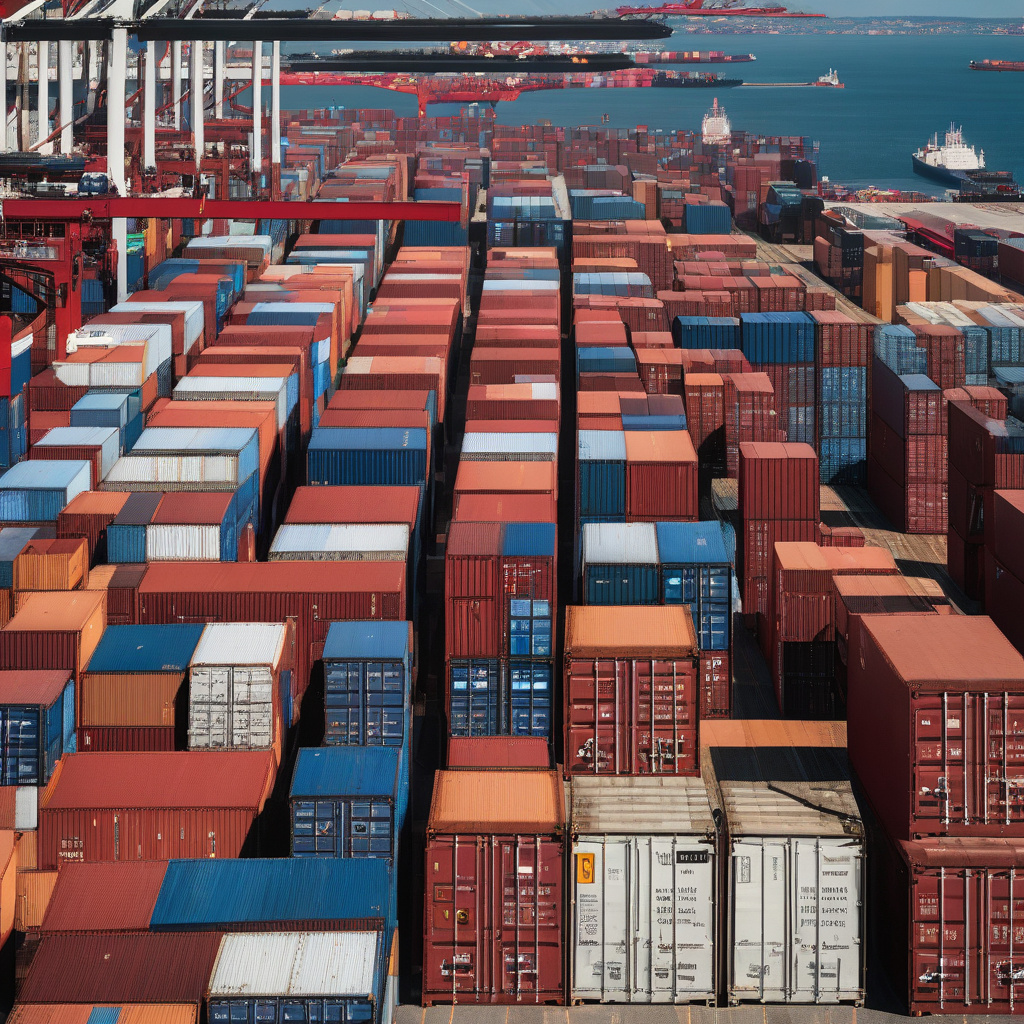Navigating the Turbulent Waters of Tariffs: Insights from Industry Experts
Tariffs have become a hot topic in the world of commerce, with businesses across various sectors feeling the impact of fluctuating trade policies and international relations. The uncertainty surrounding tariffs can create a ripple effect that disrupts supply chains, pricing strategies, and ultimately, consumer behavior. In a recent exclusive interview with
Progressive Grocer, industry experts shared their perspectives on how businesses can make sense of the volatile tariff situation and proactively navigate these challenges.
One of the key themes that emerged from the discussions was the importance of supply chain resiliency. With tariffs causing unexpected shifts in costs and availability of goods, companies need to have agile and adaptable supply chains in place to weather the storm. This includes diversifying sourcing options, building strategic partnerships with suppliers, and leveraging technology to enhance visibility and transparency across the supply chain.
Having contingency plans is another crucial aspect of dealing with tariffs. Given the unpredictable nature of tariff changes, businesses must be prepared to pivot quickly and efficiently. This could involve scenario planning, renegotiating contracts, or even exploring alternative markets to mitigate the impact of tariffs on their bottom line.
Furthermore, communication emerged as a vital tool in managing the effects of tariffs. By keeping all stakeholders informed about the potential implications of tariff changes, businesses can foster trust and collaboration within their ecosystem. This transparency also extends to consumers, who may be directly impacted by price fluctuations resulting from tariffs.
In practice, businesses can take a proactive approach to tariff management by conducting thorough risk assessments, staying informed about policy changes, and engaging in advocacy efforts to shape trade policies that align with their interests. By being proactive rather than reactive, companies can position themselves to not only survive but thrive in the face of tariff uncertainty.
For retailers, in particular, the impact of tariffs can be felt keenly, given their reliance on imported goods. From fresh produce to consumer electronics, retailers must carefully monitor tariff developments and adjust their pricing and assortment strategies accordingly. By leveraging data analytics and consumer insights, retailers can anticipate changes in demand and preferences, allowing them to stay ahead of the curve in a volatile market environment.
In conclusion, while the tariff situation may seem daunting, it also presents an opportunity for businesses to strengthen their operations, build resilience, and drive innovation. By heeding the advice of industry experts and taking proactive steps to manage tariffs effectively, companies can turn this challenge into a competitive advantage in the ever-changing global marketplace.
#Tariffs, #SupplyChain, #Retail, #TradePolicies, #BusinessStrategy
